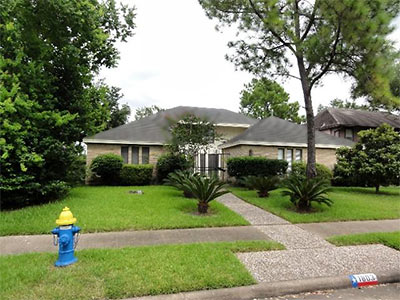
This home in Lakeside Place, one block north of Briar Forest between Wilcrest and Kirkwood, was until recently the location of Briar Oaks Home Care, an assisted-living facility. What a nice place to live for a while with a little assistance, no? But not for too long: The facility was foreclosed on, and just went up for sale earlier this week.
The listing counts 6 bedrooms, but that may include the converted dining room. Also on its way to living-space status: a drywalled but unfinished garage.
***
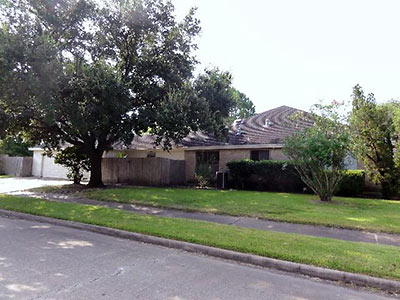
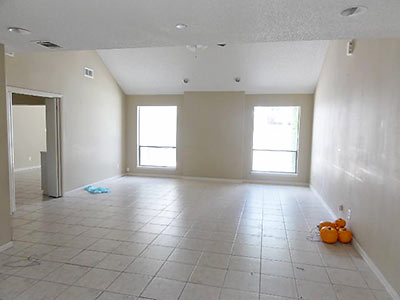
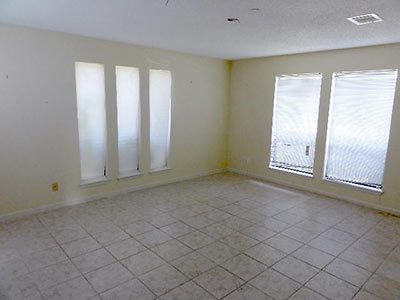
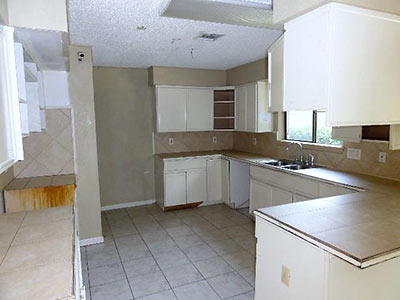
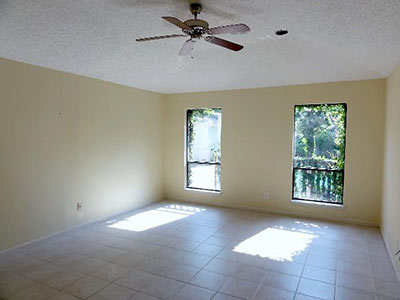
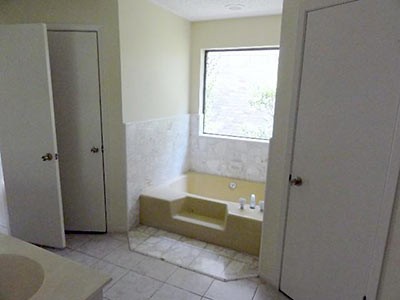
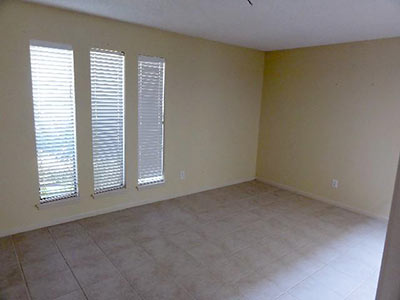
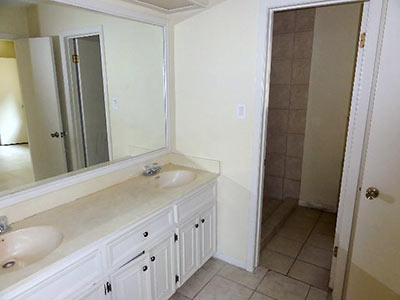
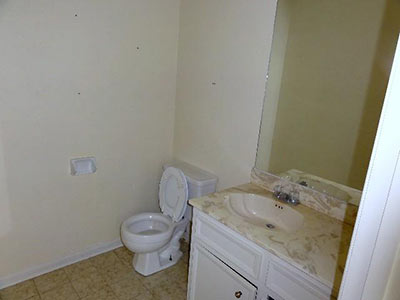
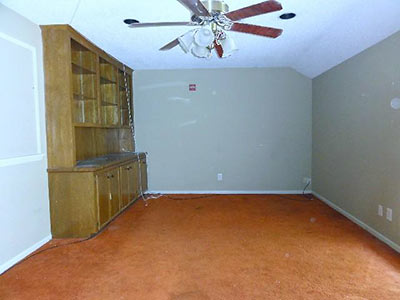
There’s 2,834 sq. ft. of space in the home, on a 10,550-sq.-ft. corner lot. Asking $199,000.
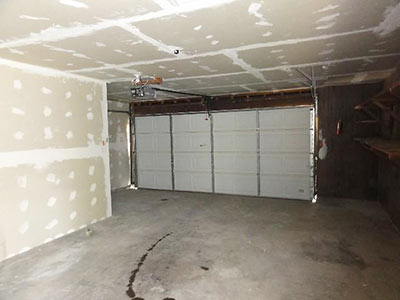
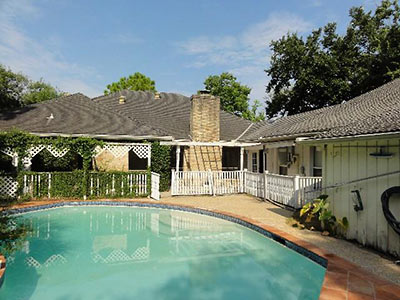
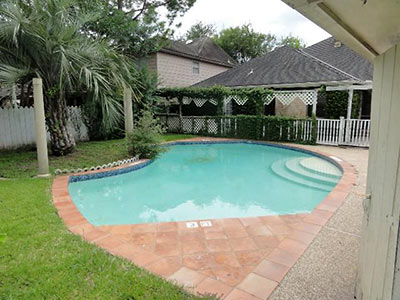
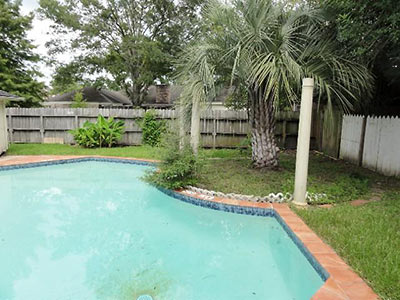
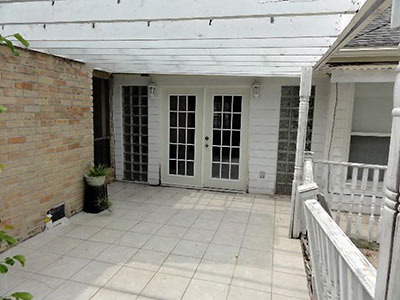
- 1803 Chatburn Dr. [HAR]


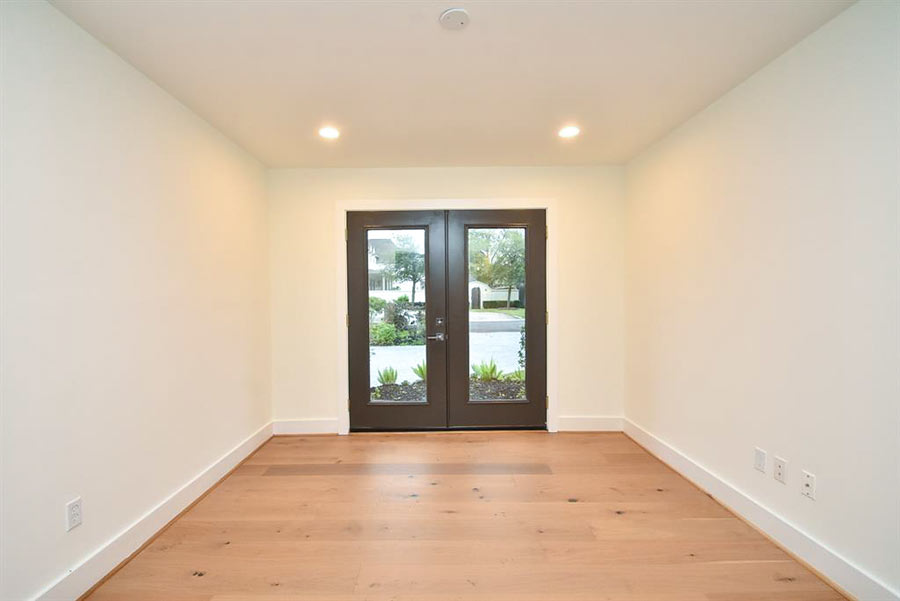
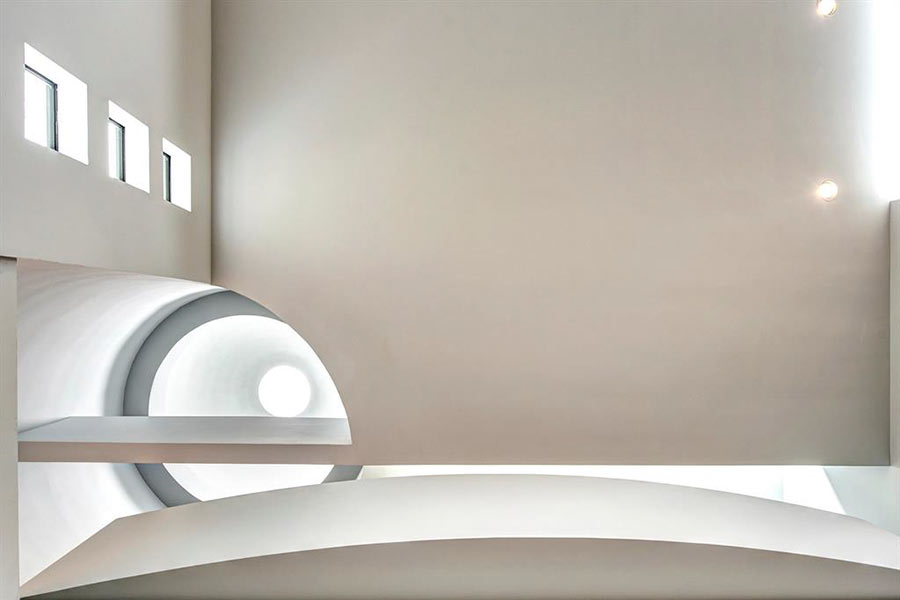
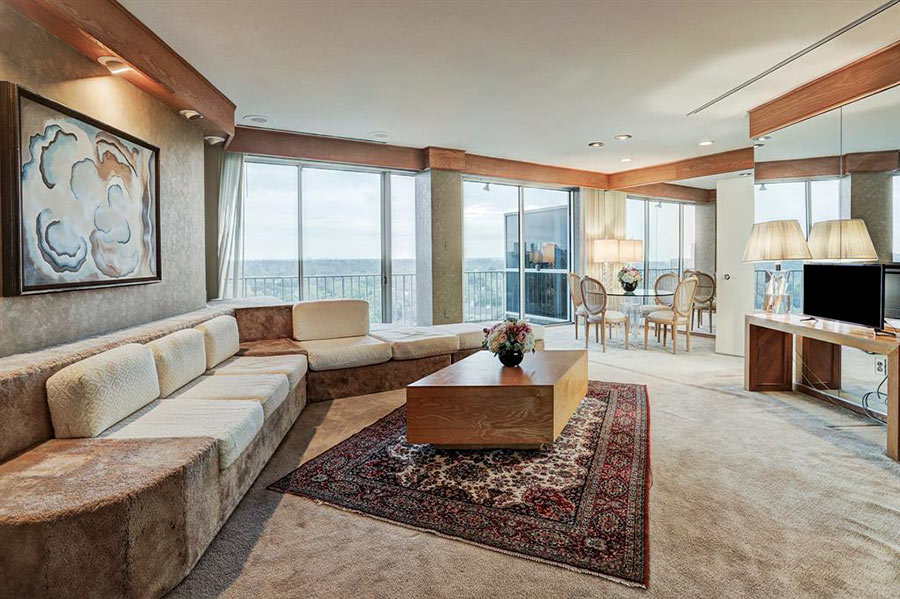
I suspect the owner managed to slip the “conversion” by the HOA. As did the state when it licensed it. If it licensed it.
My understanding is that this was a hospice operation, not a nursing care facility. You could check in, but only to check out.
So, the odds are good this place comes replete with zombies and ghosts?
FWIW … Frequently attorneys will set up or utilize a “facility” like this for those who require 24/7 care after an accident and their family is not able to provide the intense sustained care that may be necessary for the rest of their life. Its a better quality of life than an institution. Sometimes to keep cost down they group several settlement/ law suit “winners” together in a regular house to extend keep the costs down and not run through the annuities too fast. in many regards They are more like private co-op with the groups involved pooling resources instead of a for profit business so they can be set up in most residential neighborhoods … but with the economy some of these annuities may not have been paying out like they have been.
but then again their web site is still up
http://www.ourparents.com/texas/houston/briar_oaks_home_care
we have one of these in Timbergrove Manor. Even though it violates our ‘single family’ Deed Restrictions, it cannot be shut down. Equal Opportunity Housing and federal laws apparently trump our Deed Restrictions. And it is licensed.
We had one in our deed restricted neighborhood a number of years ago also. It was more of a half way house and created a rukus when it’s purpose became known. It wasn’t the home itself that was objected to but the behavior of some of the residents. There was public urination, random acting out while outside and other, smaller actions that were disturbing to people with children. The owner/operator of the place closed it himself and placed the home up for sale after sizing up the community reaction.
From Phil:
we have one of these in Timbergrove Manor. Even though it violates our ’single family’ Deed Restrictions, it cannot be shut down. Equal Opportunity Housing and federal laws apparently trump our Deed Restrictions. And it is licensed.
_______________________
I’m not sure but I believe the “law” trumps the deed restrictions only after the license has been issued. The problem is the licensing. The people who license these facilities apparently don’t care about deed restrictions. Usually the houses are leased and the leases not renewed but some are owned and that’s the problem. The owners of some make a nice profit and so for the obvious reason don’t care about what anyone thinks. Particularly the neighbors. Although their neighbors usually live somewhere else. Where they live.
Look for these types of facilities to appear all over the country and possible next door regardless of where you live. Our population is aging and unfortunately many baby boomers will not have social security much less a pension to count on. The US will also see a trend towards multi-generations living under one roof as many of us will be providing for our for parents. Private assisted living is a costly proposition and the institutions referenced somewhere above are limited and honestly unacceptable IMO. I would recommend checking to see if your parents have long term care insurance as even a reverse mortgage requires the owner live in the home. Someone above referenced fear of kids seeing the effects those suffering from mental illness or possible dementia, I certainly hope Alzheimer’s doesn’t visit your family tree.